Smaller fashion and lifestyle businesses typically have limited budgets for marketing, personnel, and web development. To compete against larger companies, smaller businesses must focus on a niche and then execute flawlessly.
I’ve spent nearly 20 years working and consulting with fashion and lifestyle companies. Here are four ways smaller online companies can thrive.
4 Ways for Smaller Merchants to Thrive
1. Find your niche — either demographic or product.
- Demographic niche. Poetic Justice Jeans caters to African American women. It was started in 2013 for curvy jeans sizes 2 to 24. It has since expanded into a full clothing line.
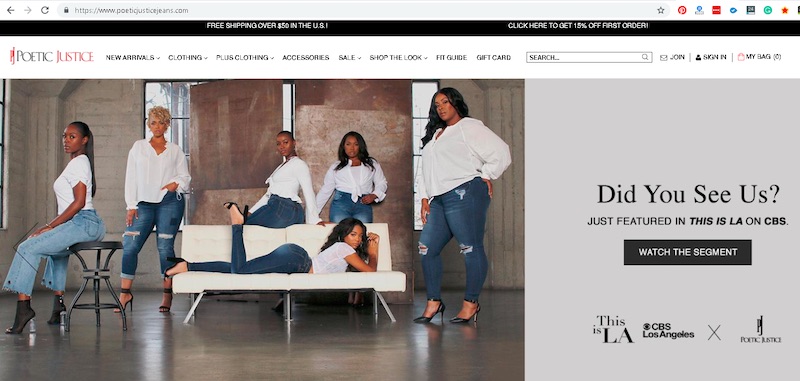
Poetic Justice Jeans caters to African American females. Its successful influencer marketing campaigns are supplemented by search engine optimization, paid search, and social media.
Poetic Justice Jeans’ positioning led to hugely successful influencer marketing campaigns, which are supplemented by search engine optimization, paid search, and social media. Potential customers learn about the product from these trusted influencers, who are real people — models look like real women, which establishes trust and a desire to buy. The result is an extremely loyal, recurring customer base.
Even though there are many curvy and plus-size manufacturers, Poetic Justice Jeans became a household name because it focused on specific demographic.
- Product niche. EZvacuum is a good example of a product niche. The company focuses exclusively on vacuums and accessories.
I’ve been watching this site for years. While it looks simple, the site is amazingly well structured and optimized for organic search. The site ranks highly for thousands of vacuum-related keywords. Moreover, due to its expertise and selection, EZvacuum is a one-stop shop for research, saving consumers’ time.
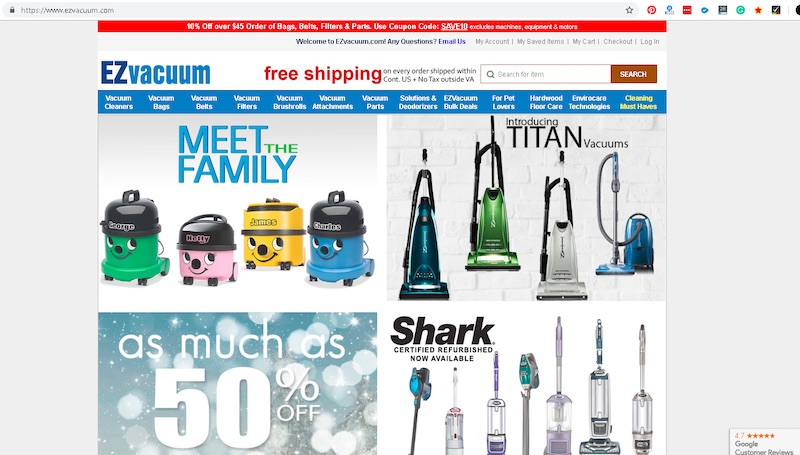
EZvacuum.com is well structured and optimized for organic search. Due to its expertise and selection, EZvacuum is a one-stop shop for research, saving consumers’ time.
2. Deliver a strong user experience. Bling Jewelry, another excellent example of niche products, offer stellar online user experience. While visitors can shop by categories, they have other options such as by themes, shapes, and occasions. Overall, the site has exceptional navigation.
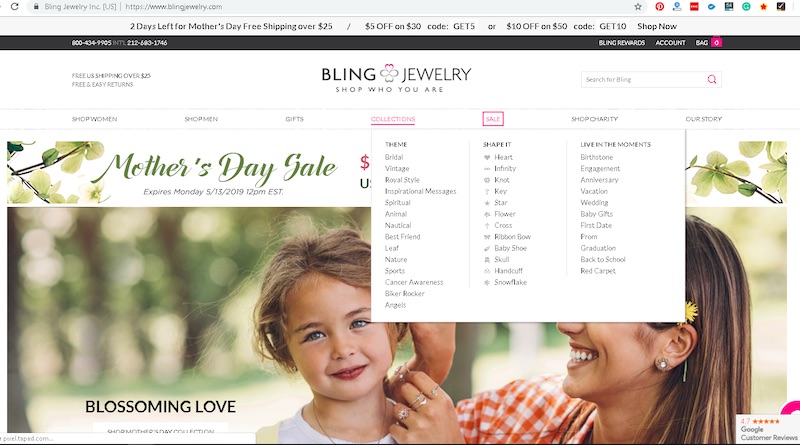
Visitors to BlingJewelry.com can shop by categories, as well as themes, shapes, and occasions. Overall, the site has exceptional navigation.
This site is warm, engaging, and attractive. Shoppers spend nearly double the time on site as the average fashion and lifestyle vertical. Product pages are informative — for shoppers and search engines. Unlike many smaller retailers, Bling Jewelry writes original descriptions for the thousands of products on its site. It wisely avoids manufacturers’ copy, thus avoiding duplicate content with competitors that use such copy.
3. Build an engaged social following. In my experience, social media can drive sales for fashion and lifestyle companies. The key is to have engaged followers, such as on a YouTube channel or a Facebook Group.
310 Nutrition is an excellent example of a niche retailer with an active, engaged Facebook Group. The group has nearly 270,000 members and averages more than 250 posts a day.
A Facebook Group is analogous to a backyard barbeque, where neighbors get together in a friendly manner. Facebook Groups establish trust, a sense of not being alone, credibility, and a forum to communicate, among other benefits.
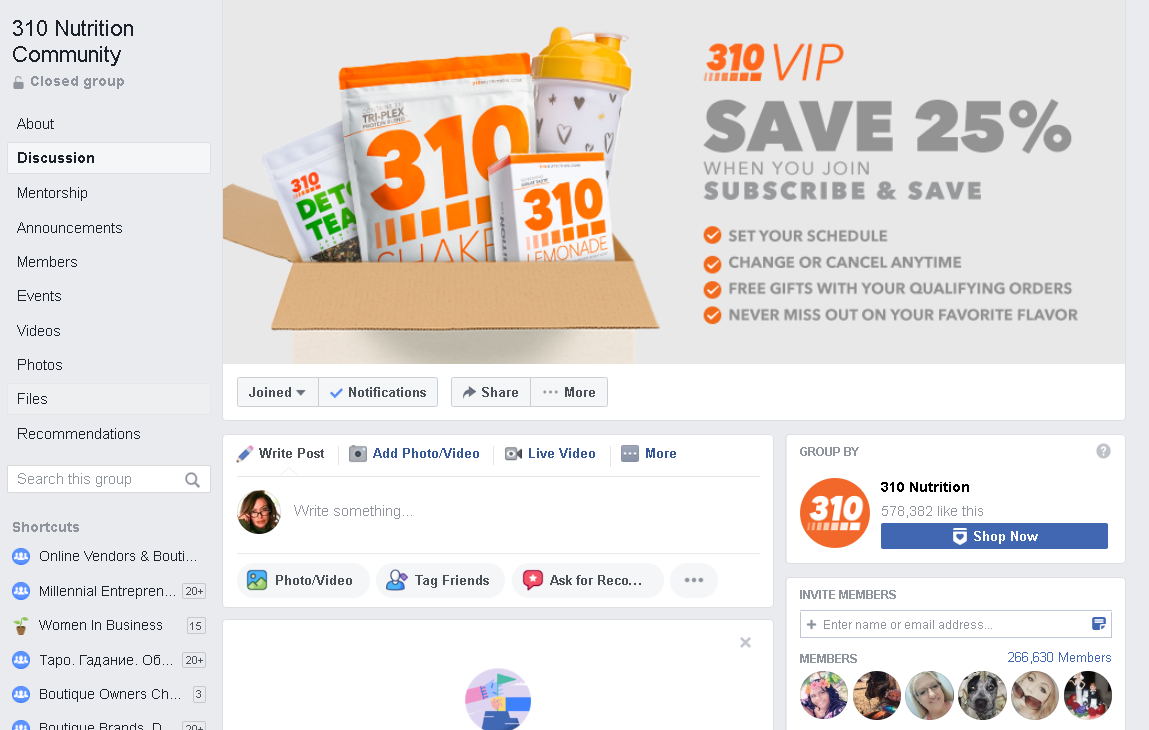
310 Nutrition has an active, engaged Facebook Group with nearly 270,000 members and more than 250 posts a day on average.
To be sure, building a Facebook Group is time and labor consuming. It does not produce results right away. It takes persistence to create consistent content and to respond promptly to members’ queries. But, in my experience, a well-run Facebook Group can drive more revenue and customers than other methods of acquisition.
Remember, shoppers trust people more than brands. Facebook Groups show real people behind a product.
4. Invest in content. For ecommerce businesses, content is the foundation for success. Content informs, educates, and entertains. It can spur interaction with shoppers. And, importantly, it drives search engine rankings as well as on-site and off-site conversions.
Many online fashion retailers excel at content. Two of my favorites are Nasty Gal and Free People.
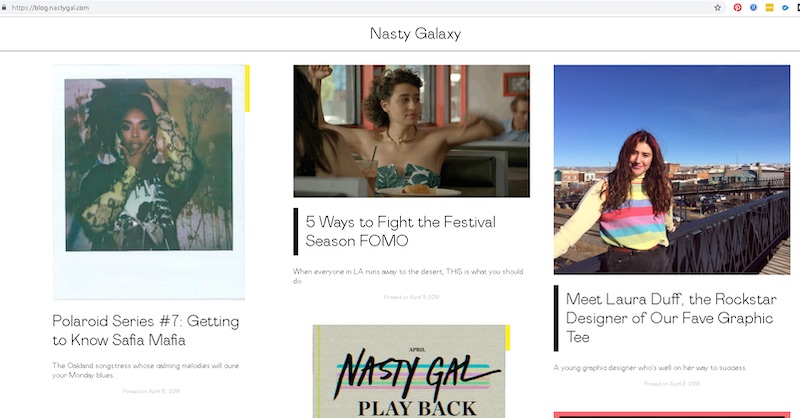
Nasty Gal’s blog contains behind-the-scenes posts, as well as instructional tips.
—
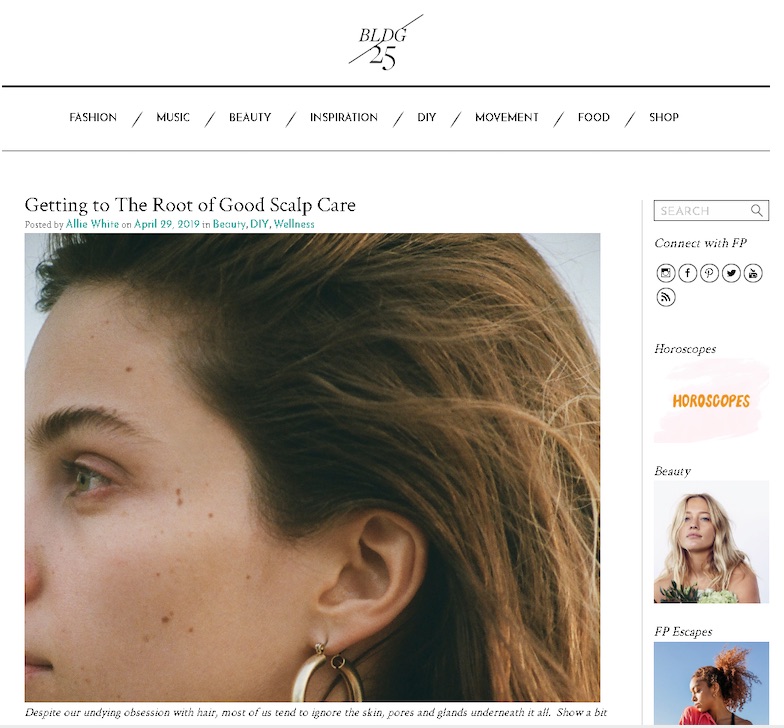
This blog post on FreePeople.com offers helpful instruction on scalp care, for free.
Every niche company should invest in a blog. Keyword-based, it must provide valuable information to create a sense of receiving something helpful and worthwhile.
Blog posts, category and subcategory pages, and product descriptions are all critical content — for humans and search engines. Smaller companies can surpass large companies in this area. Whatever your large competitors are doing, double or triple it.





